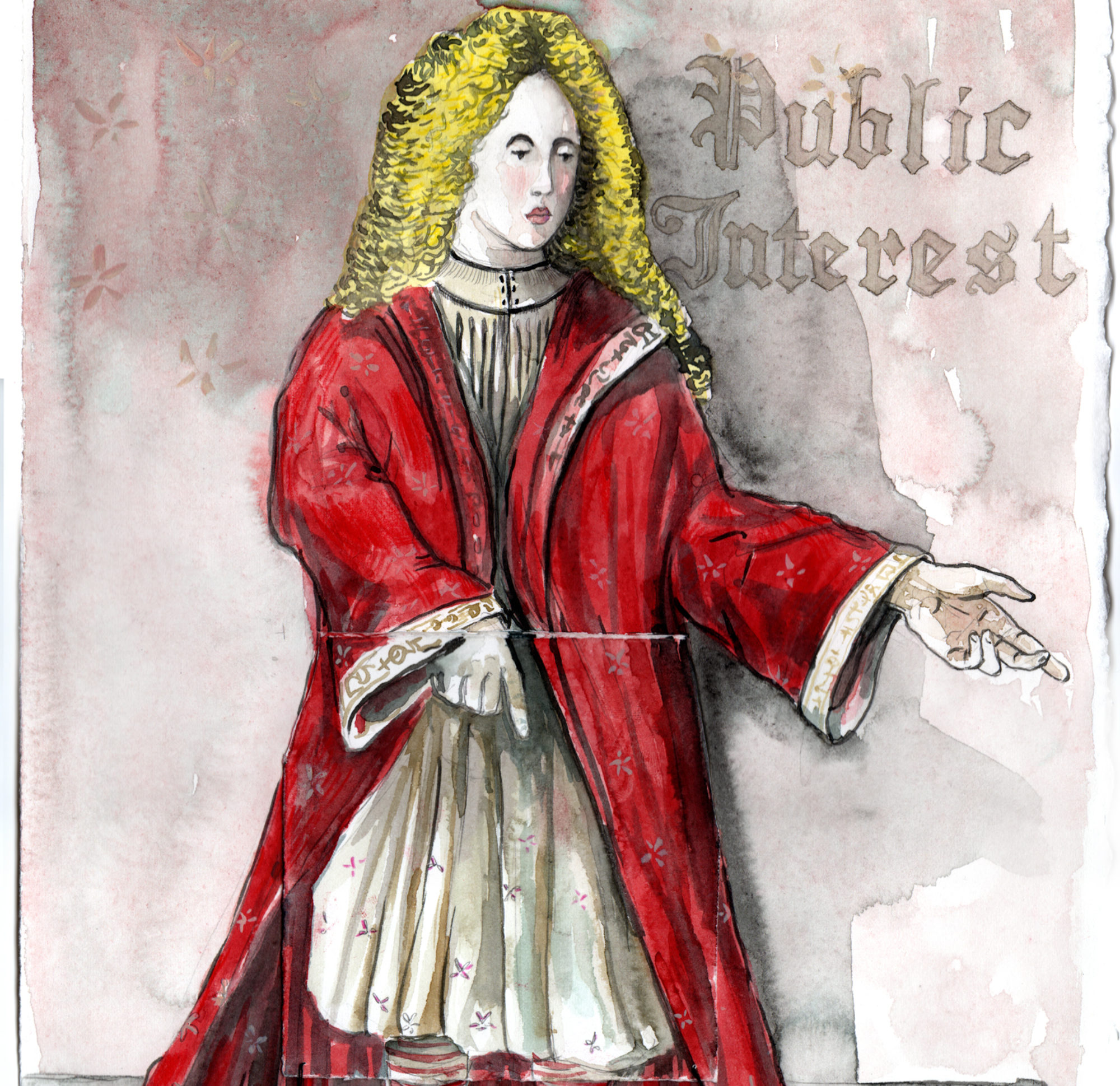This is one version of the story of my survival, in 4 parts.
ONE.
The first time, I didn’t really get to meet her.
She was gone before I knew it.
I knew she was smart, because.
She Escaped.
A man.
Who told me that if I said anything to anyone, he would hurt my sister.
I thought if I said a word,
he would never stop coming in at night to watch me sleep.
Perhaps if I kept really quiet, he would stop coming in when I was about to take a bath.
I felt dirty For Years.
Every year, for four years, it was the same.
But the year that She Escaped, that’s when
I Understood.
I refused to go back there.
My grandfather died a few months after The Escape.
My grandmother died a year later.
After that,
The Girl Who Escaped,
She came to me and said,
“Now, It’s time to speak.”
“Now.”
TWO.
My mother was on her knees, grasping my leg, begging for forgiveness.
I could not predict my survival from day to day.
My father decided to travel there.
I think The Girl Who Escaped, I think she went with him.
When my father returned Home, we were his only family left. He let all of them go, when they refused to stand with him. He has been isolated from them ever since.
I still think sometimes, “Can I forgive myself, for doing this to my father?”
But The Girl Who Escaped,
She reminds me,
My father chose Me.
THREE.
The day I met another survivor.
She was a 72 year old black woman who lived in Albermarle County, Va.
Over a glass of sweet tea, she told me the story of her survival, in one part.
It took her three minutes.
I poured myself another glass.
With each sip, I received a blessing.
I told her the story of my survival.
It took me
thirteen hours.
FOUR.
More recently, I met Her.
When she came, I wasn’t scared.
No pain.
No anger, not even a little bit of rage.
Not even a drop of guilt.
When she came, I was happy.
From indiscretion, from deviant behavior.
From joy.
From the very core of my sexual being.
This time,
No family.
Only Faith.
Amidst my conversations with God,
In a matter of days
She left before I knew her.
But now I know her.
She is The Girl
Who Gave Me Choice.

